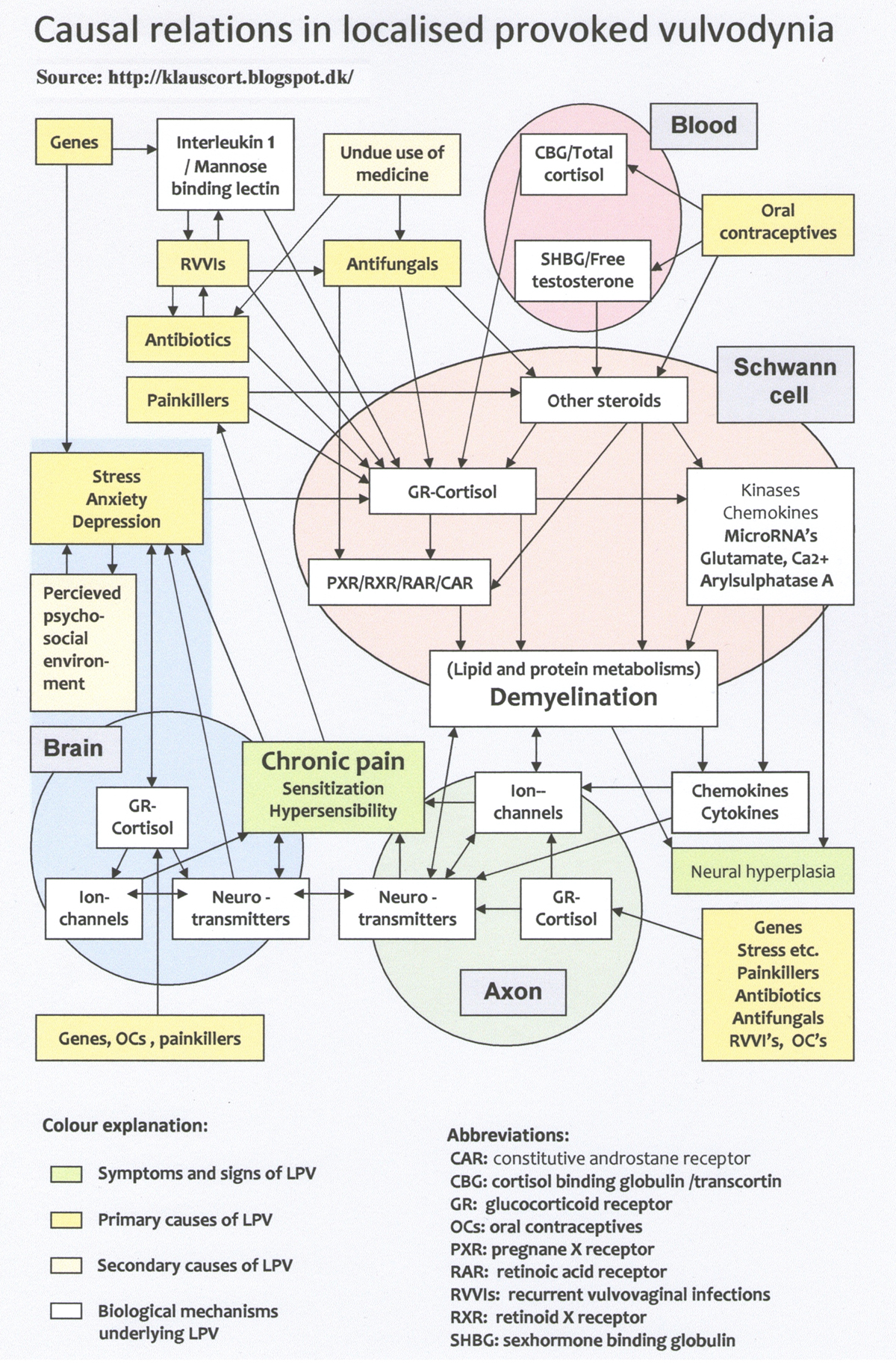
Vulvodynia is a condition characterized by chronic pain in the vulvar area. The pain is frequently described as burning, itching or throbbing. A woman may additionally experience tenderness and discomfort in the area.
It may sound surprising but many women around the world are actually suffering from vulvodynia without even knowing it. The condition may be quite frustrating and a cause of complete cessation of sexual activity.
Vulvodynia Causes and Risk Factors
In women suffering from vulvodynia the pain may be associated with inflammation caused by irritants and harsh chemicals found in soaps, shampoos, bubble baths as well as feminine hygiene products. Furthermore, even an underlying yeast, bacterial or viral genital infection may be a culprit of such pain. Trauma to the vulvar area is another potential contributor to vulvodynia.
However, many times doctors are simply unable to identify the underlying cause of pain in the vulvar area. It may be that under certain circumstances the body can react to medical and surgical treatments in such a way that a woman starts experiencing vulvar pain.Vulvodynia Symptoms and Signs
The only symptom such women are dealing with is pain in the vulvar area. It can range from mild to severe, sometimes even excruciating enough to interfere in every day activities. Because of the pain, many women choose to abstain from sex and any kind of physical relationship or even physical activity in general.
Pain that lasts for a long period of time, especially is it is not treated, may initiate the onset of depression.
Diagnosis, Treatment and Prevention of Vulvodynia
Women basically undergo gynecological exam, and doctors may take samples from painful tissues with swabs. Sometimes even biopsy is performed. If there is infection confirmed, it can be easily treated and brought under control. If the underlying cause remains unknown, patients are only given some advice regarding reduction of pain, avoiding potential triggers and may finally undergo more aggressive treatments.
Initially, all women are advised to stop using harsh cosmetic products and are only allowed mild soaps. Pain may aggravate due to use of condoms. However, unprotected sex carries risk of sexually transmitted diseases. This is why most women choose not to have sex at all.
It is confirmed that sometimes dietary changes like elimination of caffeine and sugar from one's diet may help.
Further treatment options include sitz-baths, anesthetic gels, topical steroid creams and pain relieving medications. Low doses of antidepressant are recommended as well.
Finally, if all else fails, a woman may opt for more aggressive treatment such as laser surgery which burns off tender tissue or even plastic surgery. The success of these surgeries is, however, debatable.
Since the underlying cause of vulvodynia has not been clearly determined and identified, the condition is still considered unpreventable.









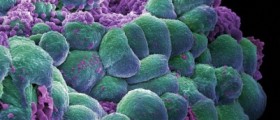



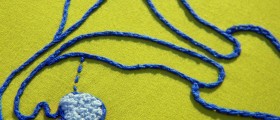

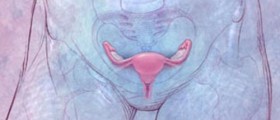
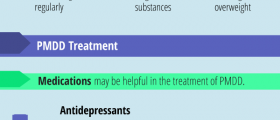
Your thoughts on this
Loading...